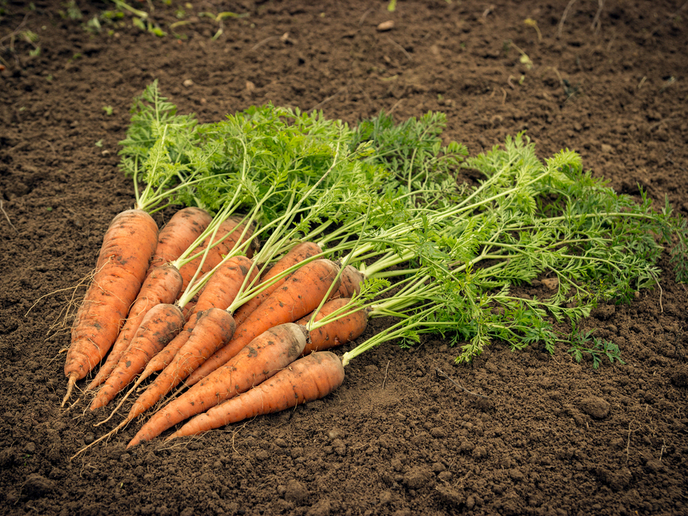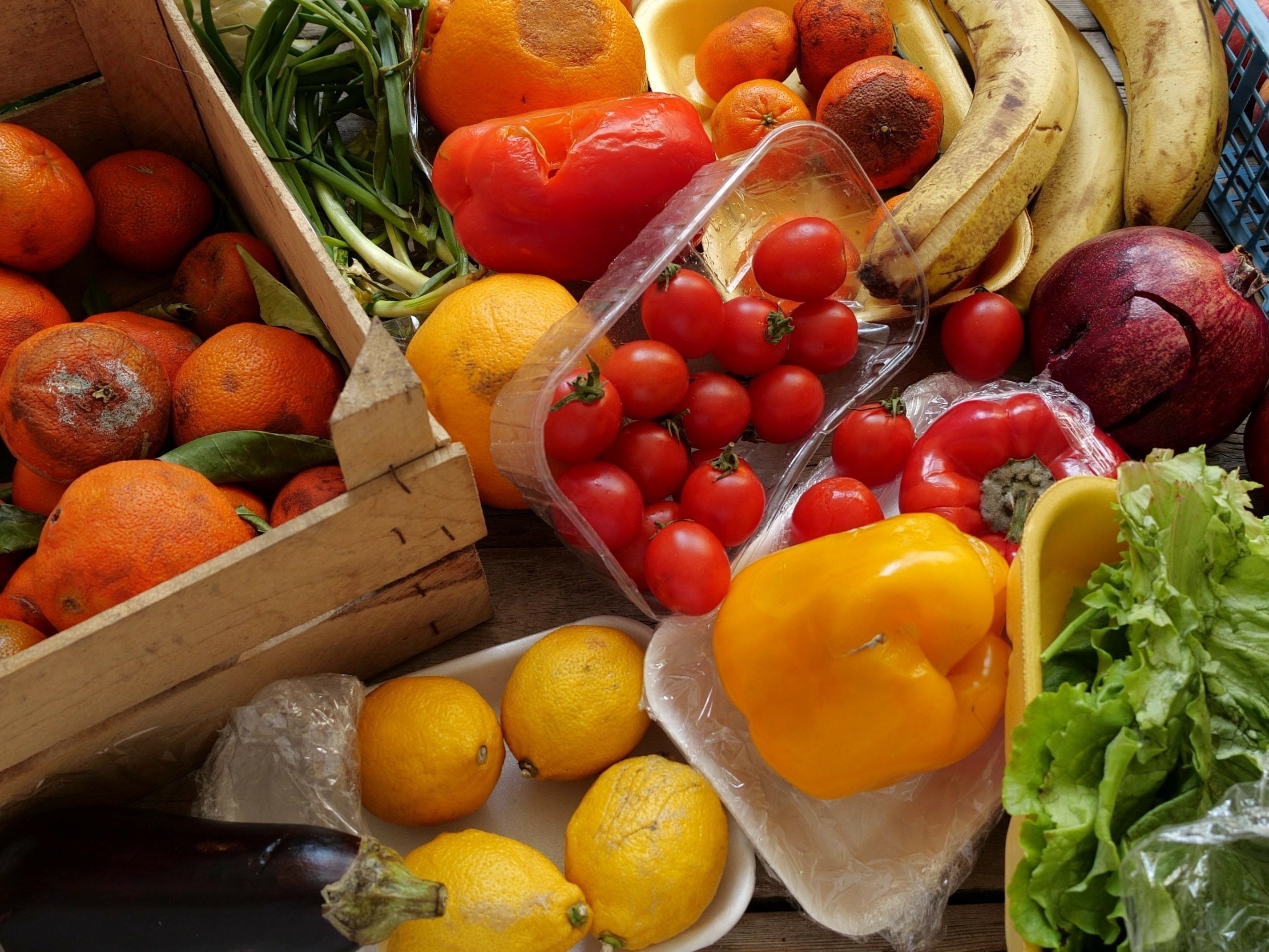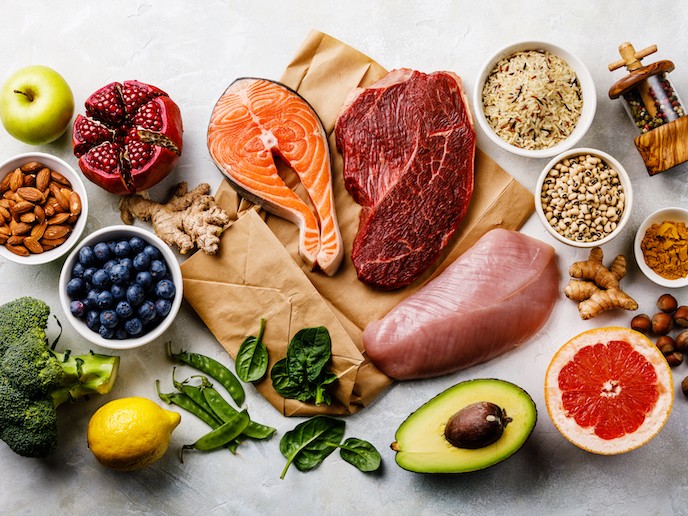Organic food identified through new techniques
Over the last decade the consumption of organic food has increased dramatically around the world. In 2014, the EU-28 organic food market generated a turnover of more than EUR 24 billion. Furthermore, the area of organically managed agricultural land now represents 5.7 % of the total agricultural area in the EU-28. The legislative framework has not kept pace with the organic market expansion, and further standardisation of analytical chemical techniques is necessary to support the accreditation bodies. Sampling procedures and other processes also need clarification, while scientific data is required for future activities. Currently, the lack of reliable markers for discriminating between organic and conventional products makes the market for organic food susceptible to attempted fraud. As part of the Marie Skłodowska-Curie Individual Fellowships grant, the EU-funded H2020 ORGANIC QUAL TRACERS (Organic food quality control and metabolomic fingerprinting) project addressed these challenges using new state-of-the-art techniques based on isotope-ratio mass spectrometry (IRMS) and high-resolution mass spectrometry (HRMS) in combination with multivariate statistical analysis (MSA) to improve both food quality and safety in organic products. “The project provided a wide range of information about contaminants, determining natural components and the chemical dissimilarities between products,” says project coordinator Professor Amadeo Rodriguez. Food components identified The high selectivity and sensitivity of the HRMS technique enables the identification and characterisation of important natural food components present at trace levels. “It can identify the difference between conventional and organic production practices,” explains Prof. Rodriguez. “The use of advanced software packages based on mass spectrometry (MS) and MSA is useful for cluster samples according to farming production systems.” Electrospray ionisation HRMS was the best candidate for MS profiling studies, due to the latest advances in hardware and software performance. “The MS profile of a food sample can be used as an analytical signature of the food product and thus can help in discriminating between different practices, reflecting the impact of both internal and external factors as well as food properties,” comments Prof. Rodriguez. The large number of signals detected in HRMS enables the statistical tools to extract sufficient data. In addition, MS profiling supported by MSA is a promising approach as plant profiles are a very rich source of natural markers. According to Prof. Rodriguez: “We can distinguish between different agricultural practices by using advanced mass spectrometry techniques based on HRMS in combination with powerful software tools like MS and statistical software packages like MSA to construct discrimination models and to establish (dis)similarities between products.” An important tool ORGANIC QUAL TRACERS represents an important advance for productive and sustainable agriculture in the EU. “It provides a reliable quality food control tool for laboratories and organic certification bodies, while improving credibility among consumers towards organic products will help to support continuous growth in Europe’s organic food sector,” Prof. Rodriquez concludes. The results will support EU certification agencies and EU laboratories involved in determining the authenticity of organic products and detecting food fraud. This will increase consumer confidence about the authenticity of food labelled organic by the EU and limit possible fraudulent practices in organic farming.
Keywords
ORGANIC QUAL TRACERS], mass spectrometry (MS), organic food, high-resolution mass spectrometry (HRMS), multivariate statistical analysis (MSA)







